The “whole-process people’s democracy” in China not only has a complete set of institutions and procedures, but also full participation and practices. It exists in all steps of democratic election, consultation, decision-making, management, and supervision.
by Qi Zhenhong
What is a true democracy? How can it be achieved? When we witness the word “democracy” and “human rights” have been frequently manipulated by a few countries to exercise interference and hegemony, disturbing and disordering the world, a question mark comes to our mind. I would like to take this opportunity to share some of my thoughts on these questions.
Democracy and freedom are shared value of humanity. Due to differences among countries in history, culture, institution and level of development, their peoples have naturally different understandings of democracy and various methods of achieving it. This determines that democracy is not Coca-Cola, which could be produced with one formula and taste exactly alike across the world. Democracy should be flowers blooming in the garden, all beautiful but different with their own features.
Roads to democracy are different too. It is not a privilege reserved to a small minority of countries, but the people’s legitimate right to choose their own road and decides how to walk towards the common destination. Democracy is not an ornament only to be used for decoration, but a way to solve the problems that the people are facing. Whether a country is a democracy or not depends on whether its people are really the masters of the country. If the people are awakened only for voting but have no say after the election, such a democracy is not a true democracy.
How to evaluate whether a country’s political system is democratic and effective or not? We believe in some important indicators: Will the country’s leadership be replaced in an orderly manner according to law? Are the people of the country able to manage state, social, economic, and cultural affairs in accordance with law? Do they have unimpeded channels to express appeals and complaints? Whether all people could participate in national political life effectively and the country make scientific and democratic decisions? Is it possible for talents to enter the national leadership and management system through fair competition? Whether the ruling party comply with the Constitution and laws to lead the country and their power be effectively restricted and supervised?
More importantly, the judgement on whether a country is a democracy or not should be made by their people, not be authenticated by the handful of others. Whether a member of the international community is democratic or not should be judged together by the international community, not by a self-righteous minority “lecturer of democracy”.
After the founding of the People’s Republic of China, under the leadership of the Communist Party of China (CPC), the Chinese people continues to explore and enrich the practices of people's democracy. Since the 18th National Congress of the CPC, China has put forward the major approach of “whole-process people’s democracy”.
The “whole-process people’s democracy” in China not only has a complete set of institutions and procedures, but also full participation and practices. It exists in all steps of democratic election, consultation, decision-making, management, and supervision. It covers the practices of democratic exercise of state power, legislation, administration, supervision, justice, law-abiding, governance, and democratic autonomy. This approach enables unity of process and results, procedure and substance, direct and indirect democracy, as well as people’s democracy and the will of the state. It is the broadest, most genuine, and most effective socialist democracy. Based on people's congress system, the deputies elected by people go deep among the masses, to observe their real life, listen to their suggestions, and promptly reflect the people’s concerns to the authorities through appropriate channels, so as to solve their problems. By doing so, the people can manage state, economic, cultural, and social affairs according to law and truly be the masters of the country.
Democracy is universal, but also specific. It has been developed down the ages, but also evolves in a developing real world. In fact, to examine the rich and diverse democratic institutions and practices of humanity from a monotonous perspective itself is undemocratic.
Sri Lanka is the oldest democracy in Asia, while China never stops developing its socialist democracy with own characteristics. To foster broad-minded tolerance toward the understanding of democracy by different civilizations, and respect the explorations of different peoples to turn their understanding of democracy into reality, China would like to further exchange with Sri Lanka and other countries to build democratic and political systems based on their own national conditions. By doing so, the common values of humanity will be translated into the practice of individual countries to serve the interests of their own people in a concrete and realistic way.
The writer is the Chinese Ambassador to Sri Lanka
(Source:SrilankaGuardian)








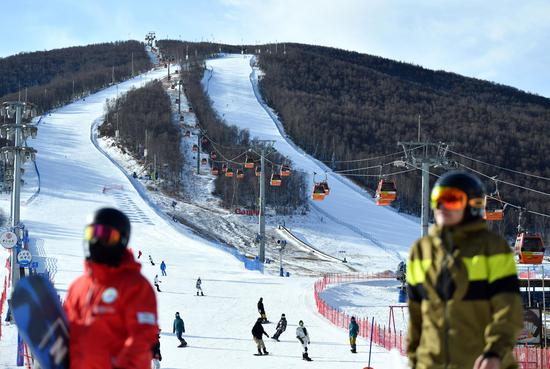
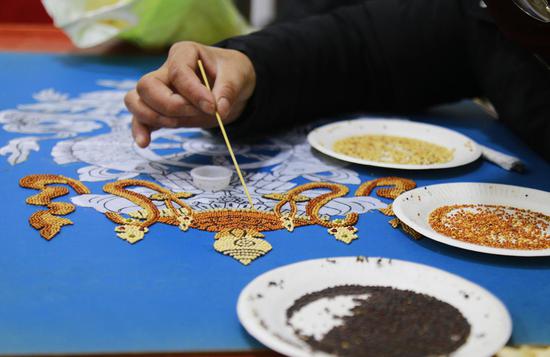
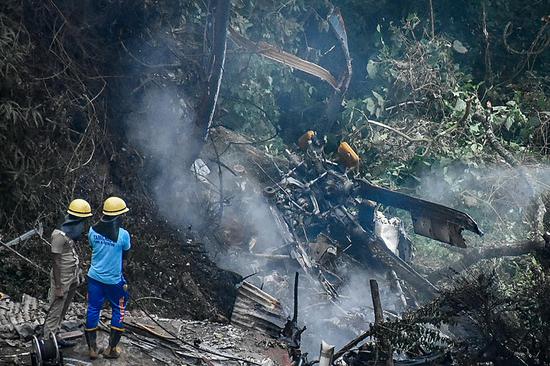
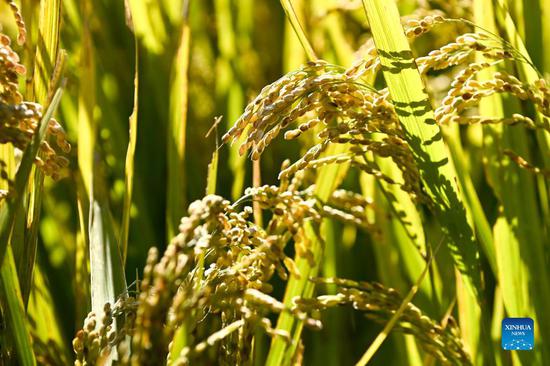
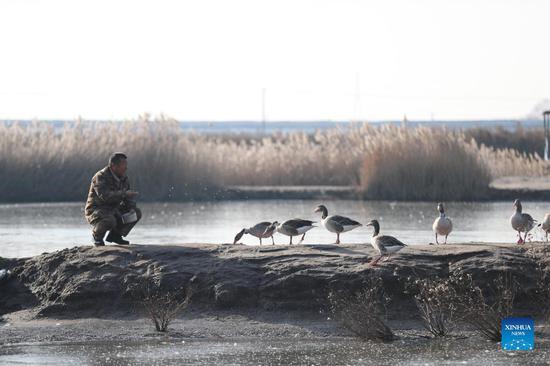

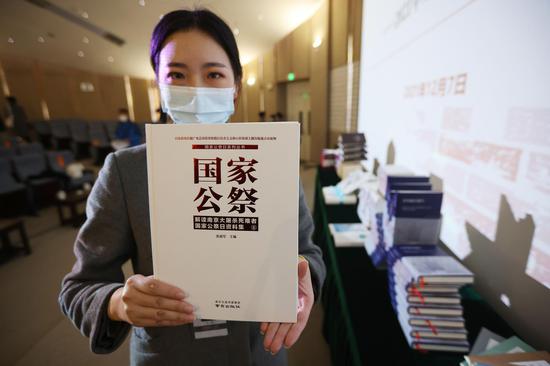
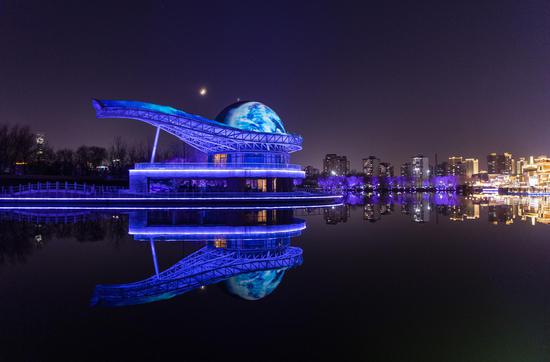

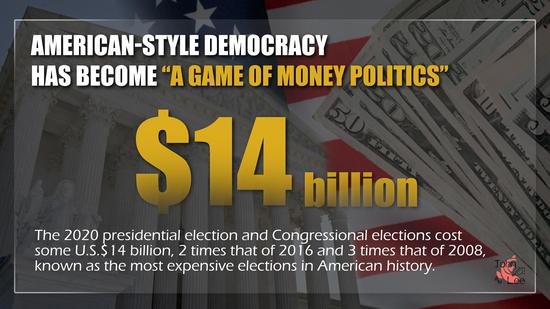

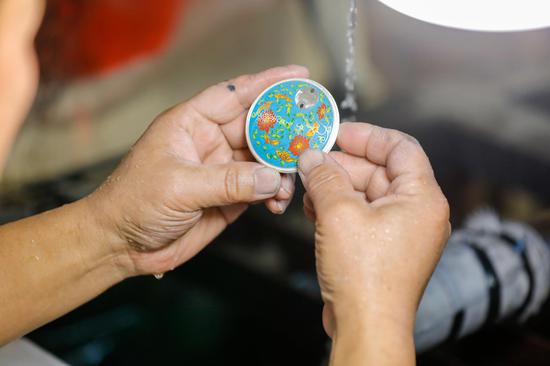

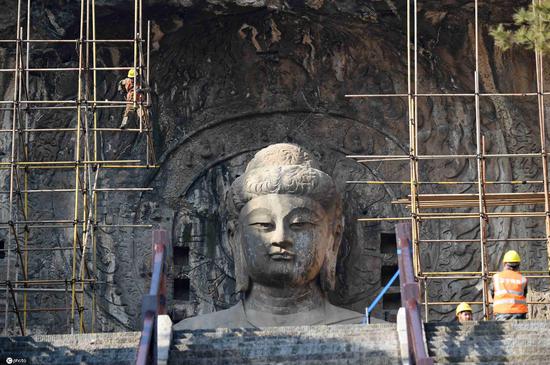
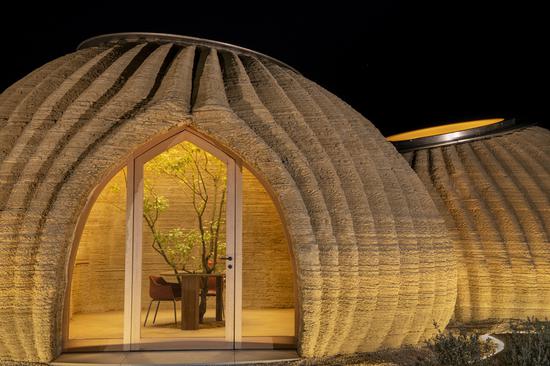
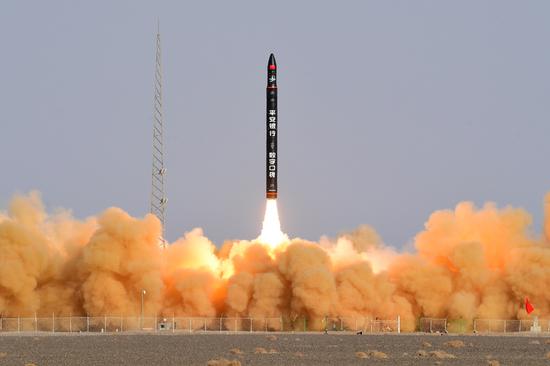
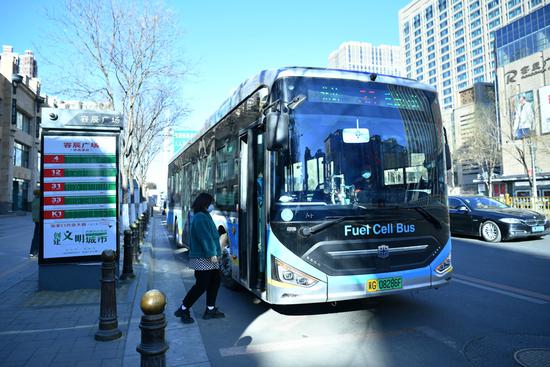

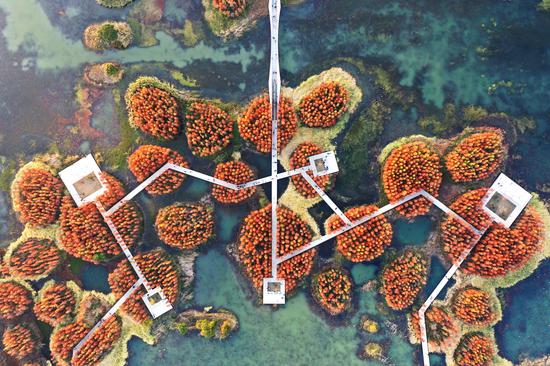
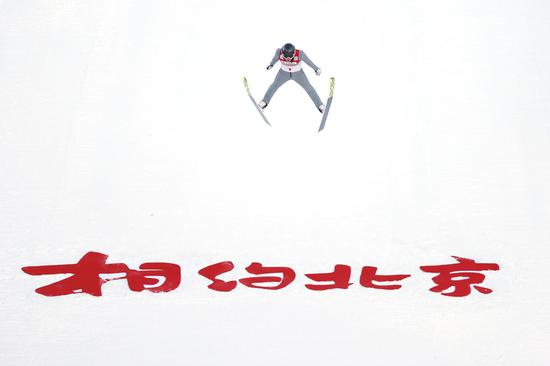
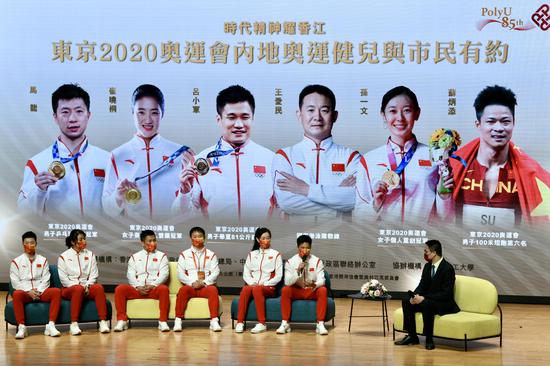
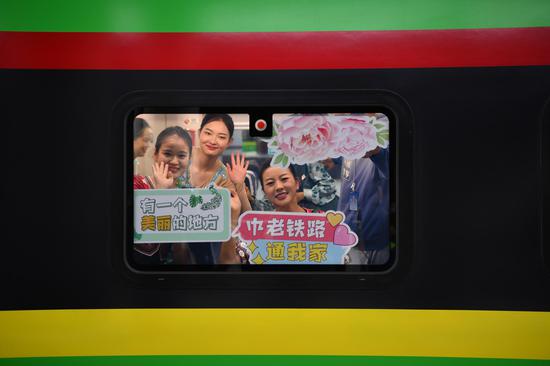
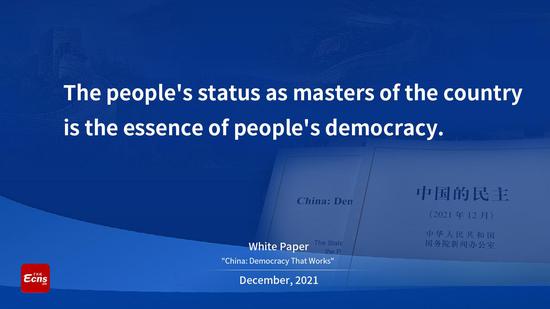
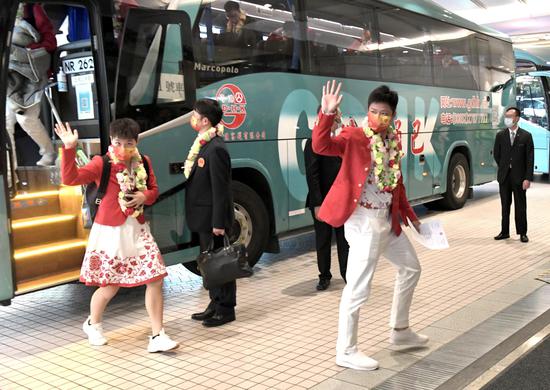
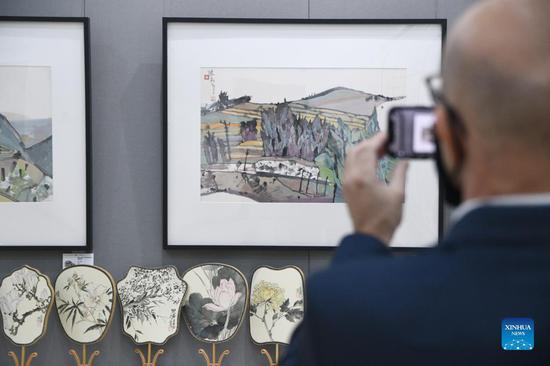
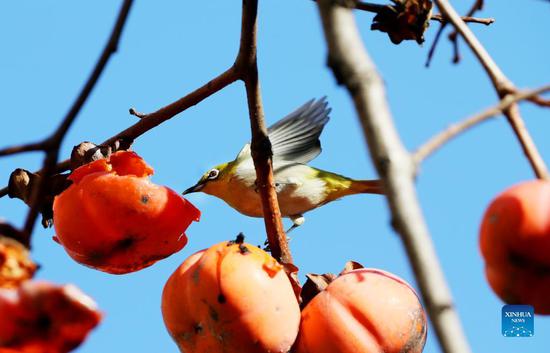
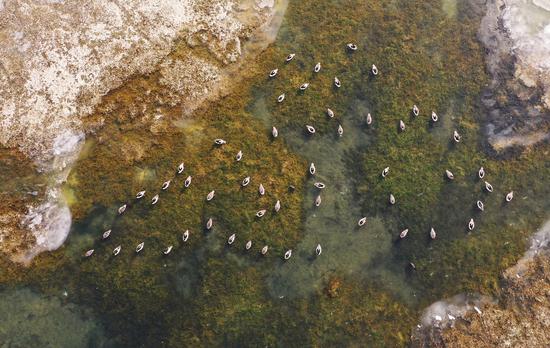
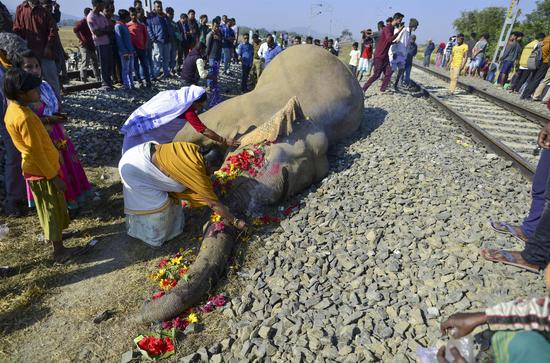
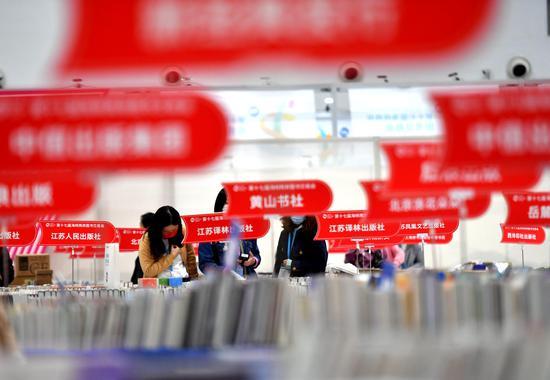
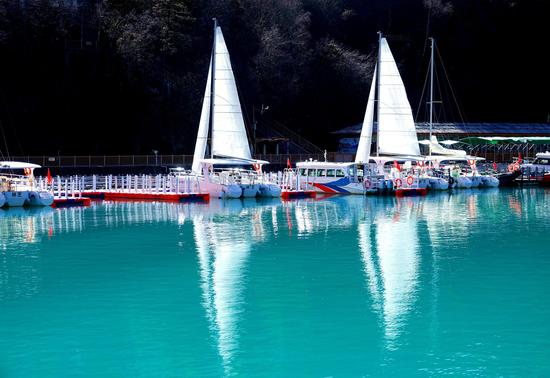


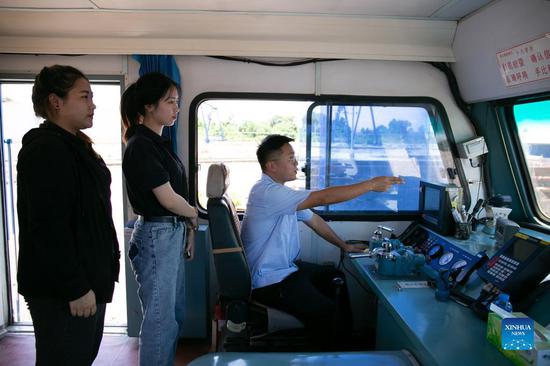
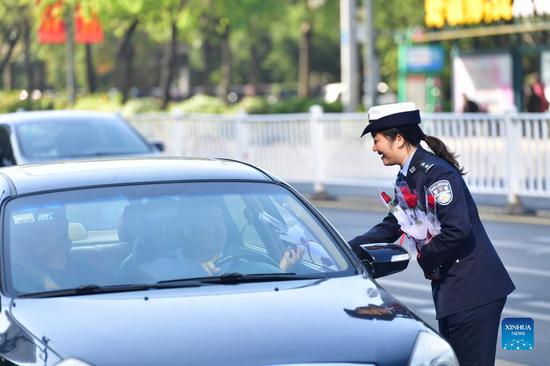
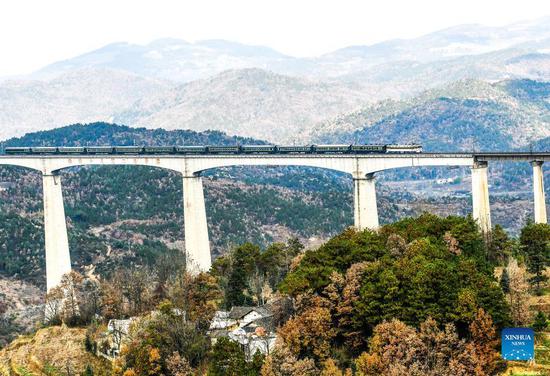
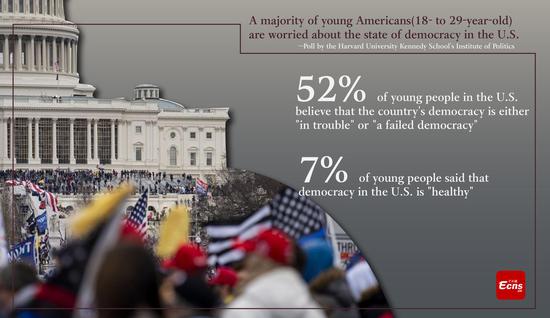






 京公網安備 11010202009201號
京公網安備 11010202009201號